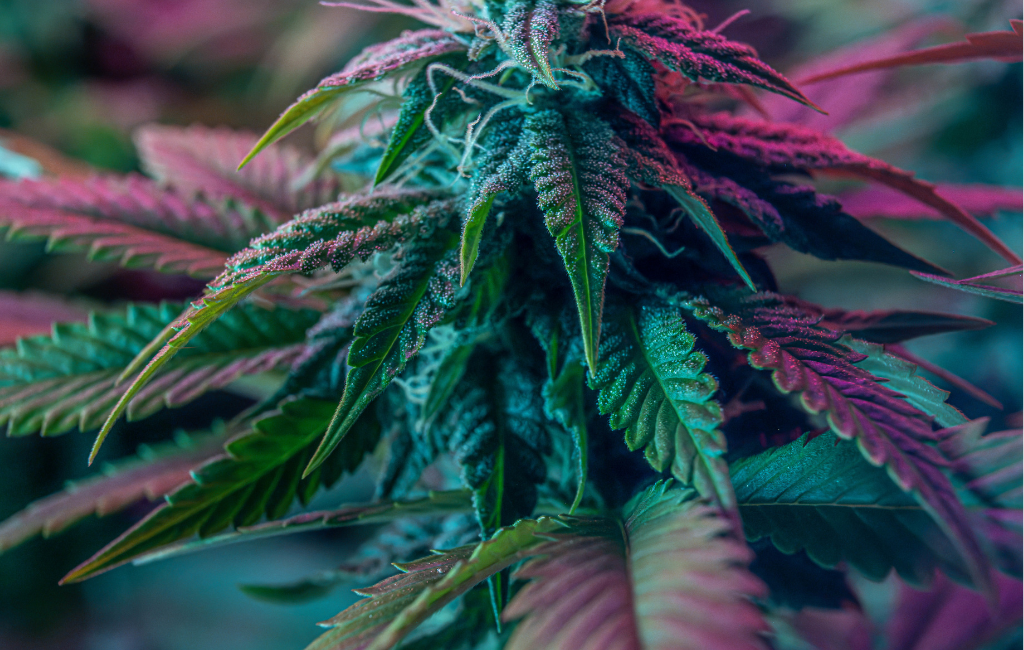-
Table of Contents
- THCA Flower: Unlocking the Healing Power of Cannabis
- Understanding THCA
- How THCA Works
- Therapeutic Benefits of THCA Flower
- Anti-Inflammatory Properties
- Neuroprotective Effects
- Anti-Emetic Benefits
- Pain Relief
- Case Studies and Research
- Case Study: THCA for Epilepsy
- Research on THCA and Inflammation
- THCA and Neuroprotection
- How to Use THCA Flower
- Legal Considerations
- Conclusion
THCA Flower: Unlocking the Healing Power of Cannabis
The cannabis plant has been a subject of fascination and research for decades. Among its many compounds, THCA (tetrahydrocannabinolic acid) has garnered significant attention for its potential therapeutic benefits. This article explores the healing properties of THCA flower, its uses, and the science behind its effects.
Understanding THCA
THCA is a non-psychoactive cannabinoid found in raw and live cannabis. Unlike THC (tetrahydrocannabinol), which is known for its psychoactive effects, THCA does not produce a “high.” This makes it an attractive option for those seeking the medicinal benefits of cannabis without the mind-altering effects.
How THCA Works
THCA interacts with the body’s endocannabinoid system (ECS), which plays a crucial role in maintaining homeostasis. The ECS consists of receptors, endocannabinoids, and enzymes that regulate various physiological processes such as pain, mood, appetite, and immune response.
- THCA binds to CB1 and CB2 receptors in the ECS.
- It influences the production of endocannabinoids.
- THCA modulates enzyme activity involved in cannabinoid metabolism.
Therapeutic Benefits of THCA Flower
Research and anecdotal evidence suggest that THCA offers a range of therapeutic benefits. Here are some of the most notable ones:
Anti-Inflammatory Properties
Inflammation is a common underlying factor in many chronic diseases. Studies have shown that THCA has potent anti-inflammatory effects, making it a potential treatment for conditions such as arthritis, inflammatory bowel disease, and autoimmune disorders.
Neuroprotective Effects
THCA has been found to have neuroprotective properties, which could be beneficial for neurodegenerative diseases like Alzheimer’s and Parkinson’s. By reducing oxidative stress and inflammation in the brain, THCA may help slow the progression of these conditions.
Anti-Emetic Benefits
Nausea and vomiting are common side effects of chemotherapy and other medical treatments. THCA has shown promise as an anti-emetic, helping to alleviate these symptoms and improve the quality of life for patients undergoing such treatments.
Pain Relief
Chronic pain affects millions of people worldwide. THCA’s interaction with the ECS can help modulate pain signals, providing relief for conditions like fibromyalgia, multiple sclerosis, and chronic pain syndromes.
Case Studies and Research
Several studies and case reports have highlighted the potential of THCA in various medical applications. Here are a few examples:
Case Study: THCA for Epilepsy
A study published in the journal “Epilepsy & Behavior” examined the effects of THCA on a group of patients with treatment-resistant epilepsy. The results showed a significant reduction in seizure frequency, with some patients experiencing complete seizure remission.
Research on THCA and Inflammation
A study conducted by the University of Guelph in Canada investigated the anti-inflammatory properties of THCA. The researchers found that THCA effectively reduced inflammation in animal models, suggesting its potential for treating inflammatory conditions in humans.
THCA and Neuroprotection
Research published in the “British Journal of Pharmacology” explored the neuroprotective effects of THCA. The study demonstrated that THCA could protect brain cells from oxidative stress and inflammation, highlighting its potential for neurodegenerative diseases.
How to Use THCA Flower
THCA flower can be consumed in various ways, each offering different benefits and experiences. Here are some popular methods:
- Raw Consumption: Eating raw cannabis leaves or flowers preserves the THCA content. This method is popular in smoothies and salads.
- Juicing: Juicing fresh cannabis leaves and flowers is another way to consume THCA. This method provides a concentrated dose of cannabinoids and other beneficial compounds.
- Tinctures: THCA tinctures are liquid extracts that can be taken sublingually (under the tongue) for quick absorption.
- Topicals: THCA-infused creams and balms can be applied to the skin for localized relief from pain and inflammation.
Legal Considerations
The legal status of THCA varies by region. In some places, THCA is considered a non-psychoactive compound and is legal for medical use. In others, it may be regulated similarly to THC. It’s important to check local laws and regulations before using THCA products.
Conclusion
THCA flower offers a promising avenue for those seeking the therapeutic benefits of cannabis without the psychoactive effects. From its anti-inflammatory and neuroprotective properties to its potential in treating chronic pain and epilepsy, THCA is a versatile and valuable compound. As research continues to uncover its full potential, THCA may become a cornerstone in the field of medical cannabis.
